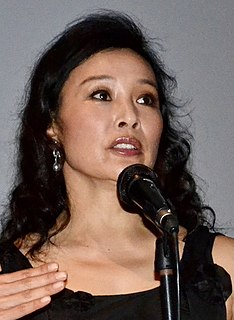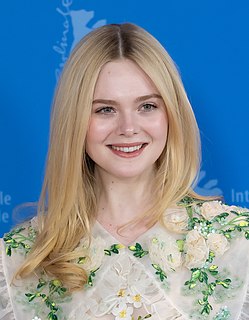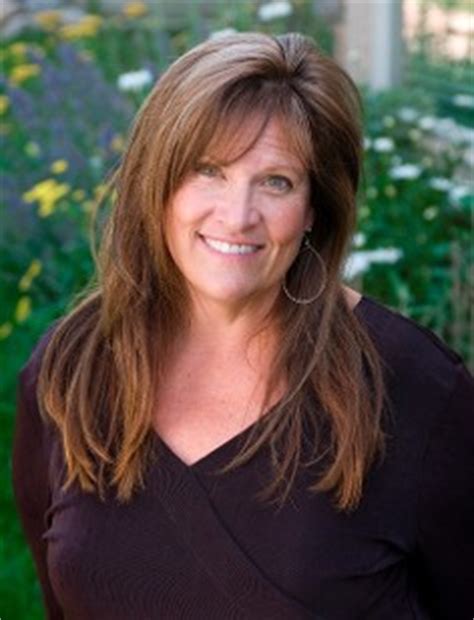A Quote by Timothy Morton
Kant described beauty as a feeling of ungraspability: this is why the beauty experience is beyond concept.
Related Quotes
The experience of beauty is in the eye of the beholder, as they say. The artist's relation to the object of beauty, how the art makes that happen, is a whole other subject. Beauty is an event. Beauty is something that happens. There is no such thing as a beautiful object or a beautiful woman. These things do not come near it - the experience of beauty, the event of beauty. The anxiety about it is what makes it such a central concern of culture and makes us so interested in it.
The beauty in the story is at one with suffering. That is also part of our upbringing - we don't think there could be beauty
otherwise. Beauty is the result of having been through an experience all the way through to the end - therefore it has a poignancy. Beauty that is
singular always comes from following an experience to the point where you can go no further.
Beauty is a complex theme, for sure. We all have a different concept and opinion regarding it, but we all like to look at things that are aesthetically pleasing. I had the typical high school experience, where you question what is beauty, and you're comparing yourself to others, it was just part of growing up.
Beauty captivates the flesh in order to obtain permission to pass right through to the soul. . . . When the feeling for beauty happens to be associated with the sight of some human being, the transference of love is made possible, at any rate in an illusory manner. But it is all the beauty of the world, it is universal beauty, for which we yearn.
The assumption behind any theology that I've ever been familiar with is that there is a profound beauty in being, simply in itself. Poetry, at least traditionally, has been an educing of the beauty of language, the beauty of experience, the beauty of the working of the mind, and so on. The pastor does, indeed, appreciate it.
It was the upward-reaching and fathomlessly hungering, heart-breaking love for the beauty of the world at its most beautiful, and, beyond that, for that beauty east of the sun and west of the moon which is past the reach of all but our most desperate desiring and is finally the beauty of Beauty itself, of Being itself and what lies at the heart of Being.
Beauty is a key to the mystery and a call to transcendence. It is an invitation to savor life and to dream of the future. That is why the beauty of created things can never fully satisfy. It stirs that hidden nostalgia for God which a lover of beauty like Saint Augustine could express in incomparable terms: 'Late have I loved you, beauty so old and so new: late have I loved you!'.








































